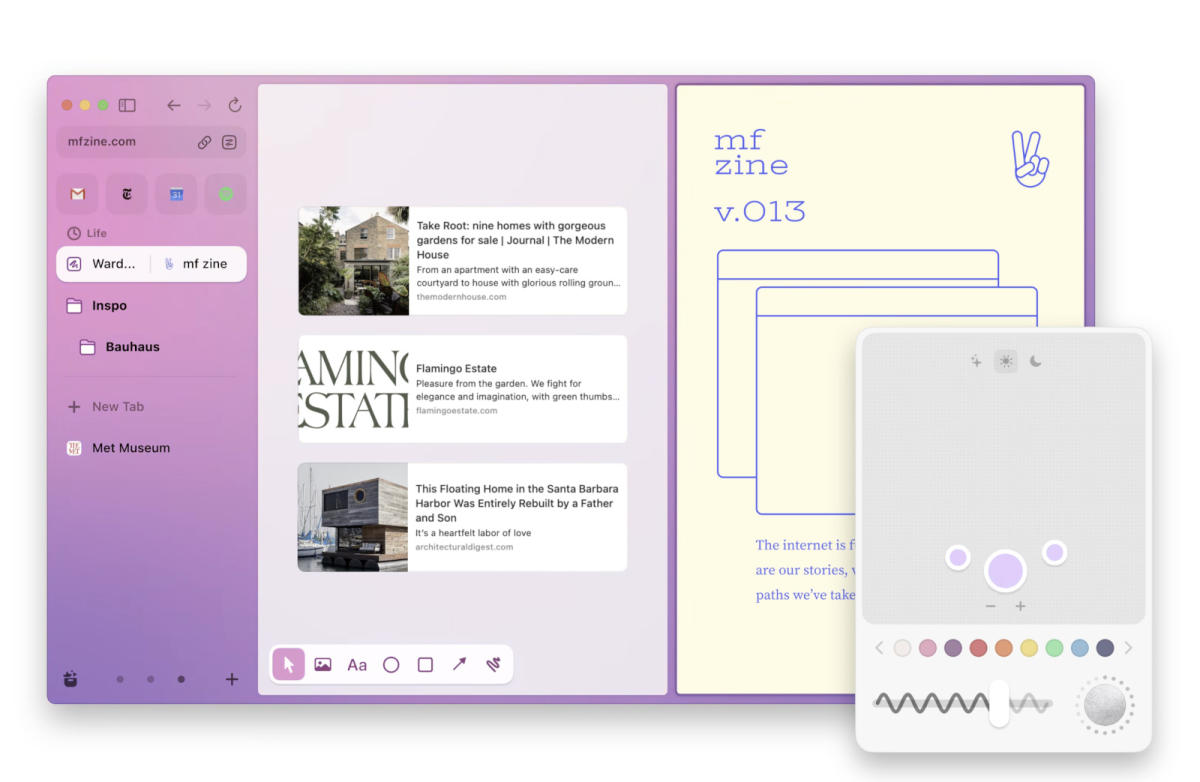There’s no let up in the Samsung Galaxy S25 leaks – and there probably won’t be until the handset series gets unveiled sometime in January – and two new images have made their way online that give us some idea of the design of the Ultra version.
We’ve already heard that the Galaxy S25 Ultra is going to adopt a more rounded design next year that’s more comfortable to hold in the hand, but based on a new post from well-known tipster Ice Universe, the rear camera design won’t be changing much.
The post supposedly shows a Samsung Galaxy S25 Ultra case, and there are the six holes you would expect based on the design of the current model (four for the actual cameras, and a flashlight and a laser distance meter for autofocus too) – see our Samsung Galaxy S24 Ultra review for details.
For reference, the Galaxy S24 Ultra comes with a 200 MP wide + 10 MP telephoto + 50 MP periscope + 12 MP ultrawide camera setup that’s capable of up to 5x optical zoom. There has been talk of upgrades to some of those cameras this year, even if this link suggests the layout is going to be pretty similar.
Another image leak
There’s more from Ice Universe to report, as the tipster has also posted a rendering showing the corner and bezel of the current Samsung Galaxy S24 Plus up against what we’re expecting from the Galaxy S25 Ultra.
It’s been rumored that Samsung is going to be able to shrink the bezels even more on next year’s handsets, and you can see that in this leaked image. You can also see the rounded design of the corners we mentioned earlier.
For comparison, you can check out leaked renders of the Galaxy S25 Ultra that have previously surfaced: not much change around the back of the handset, but an overall look and shape that’s more consistent with the other models in the series.
As is normally the case, we’ve heard more about the Ultra model that’s coming rather than the standard or Plus models. We’ve seen reports, for example, that the screen size on the Ultra model will be increased ever so slightly to 6.86 inches (up from 6.8 inches).
































































































































You must be logged in to post a comment Login